The App Store prevented an estimated $2 billion in "potentially fraudulent transactions" in 2022, Apple said today in a Newsroom article that highlights the security benefits of the App Store and Apple Pay.
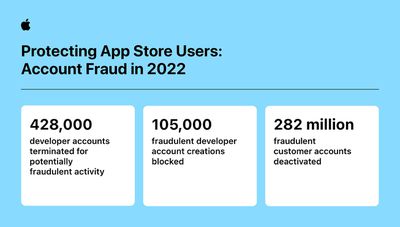
Close to 3.9 million stolen credit cards were prevented from being used to make fraudulent purchases within apps, and 714,000 accounts were banned from transacting again, which is how Apple ended up at the $2 billion figure.
Apple says that it also rejected almost 1.7 million app submissions for apps that did not meet App Store standards for "privacy, security, and content." Of those 1.7 million apps, 400,000 were rejected for privacy violations, 153,000 were rejected for spam, copying an existing app, or misleading users, and 29,000 were rejected for including hidden or undocumented features.
428,000 developer accounts were terminated for potentially fraudulent activity, and 105,000 fraudulent developer account creations were blocked. Apple also deactivated 282 million fraudulent customer accounts and blocked another 198 million before they were created.
Fewer fraudulent developer accounts were terminated in 2022 than 2021 because of "new methods and protocols" that Apple implemented to make fraudulent account creation more difficult. Apple claims that it protected users from "nearly 57,000" apps sourced from "illegitimate storefronts" that distribute harmful software. Over 147 million fraudulent ratings and reviews were blocked from the App Store, preventing customers from being tricked by reviews left by bot accounts.
Apple's App Store security figures come as it is facing pressure to allow iPhone and iPad customers to install apps outside of the App Store through "sideloading" or alternate app marketplaces. The European Union has already passed legislation forcing Apple to allow apps to be installed outside of the App Store, functionality that the company is expected to implement in Europe as soon as iOS 17.
The United States is working on similar legislation to allow customers to bypass the App Store, and Apple says such mandates would "undermine the privacy and security protections" that iPhone users have come to rely on and would allow "malware, scams, and data-exploitation to proliferate."


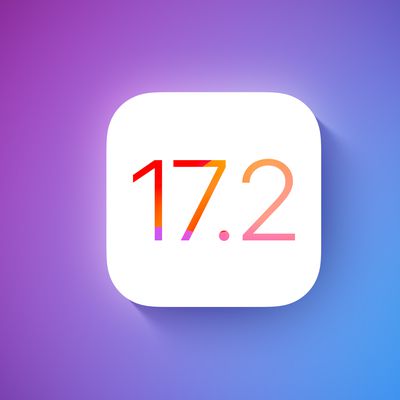
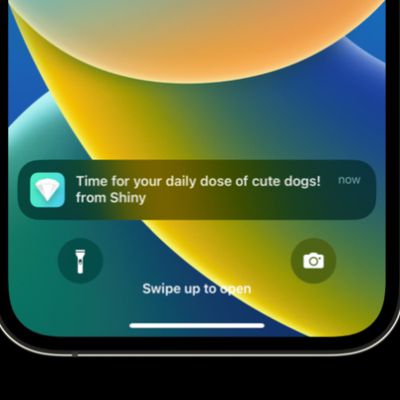

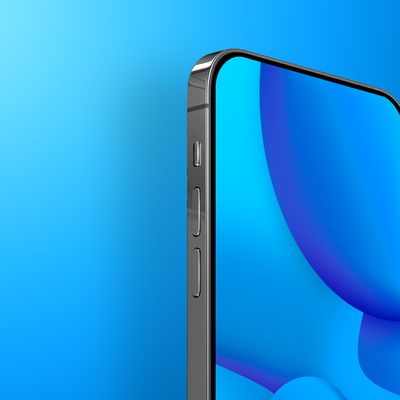
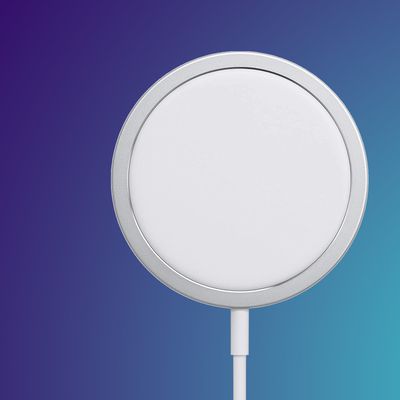


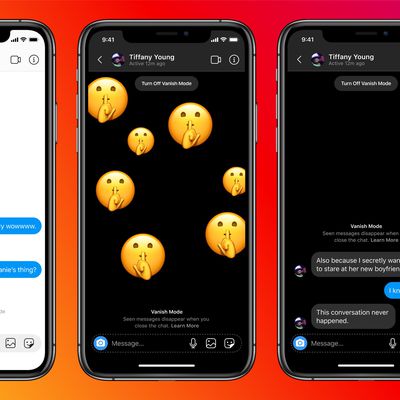











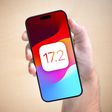

Top Rated Comments
I know, unlikely given the size. A lot has to do with users willing to DL anything.
Just confirms I'll keep doing what I am; being careful and researching what I download before I install it.